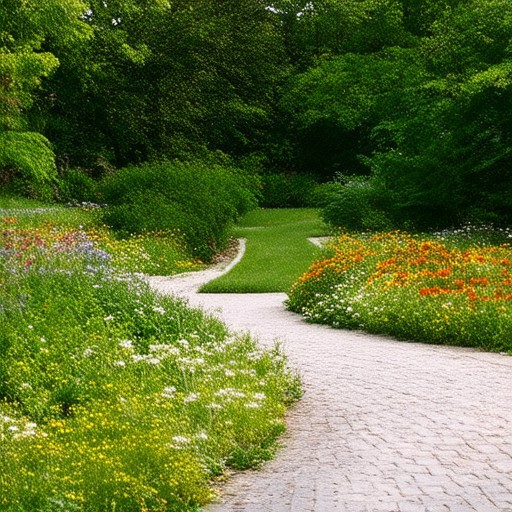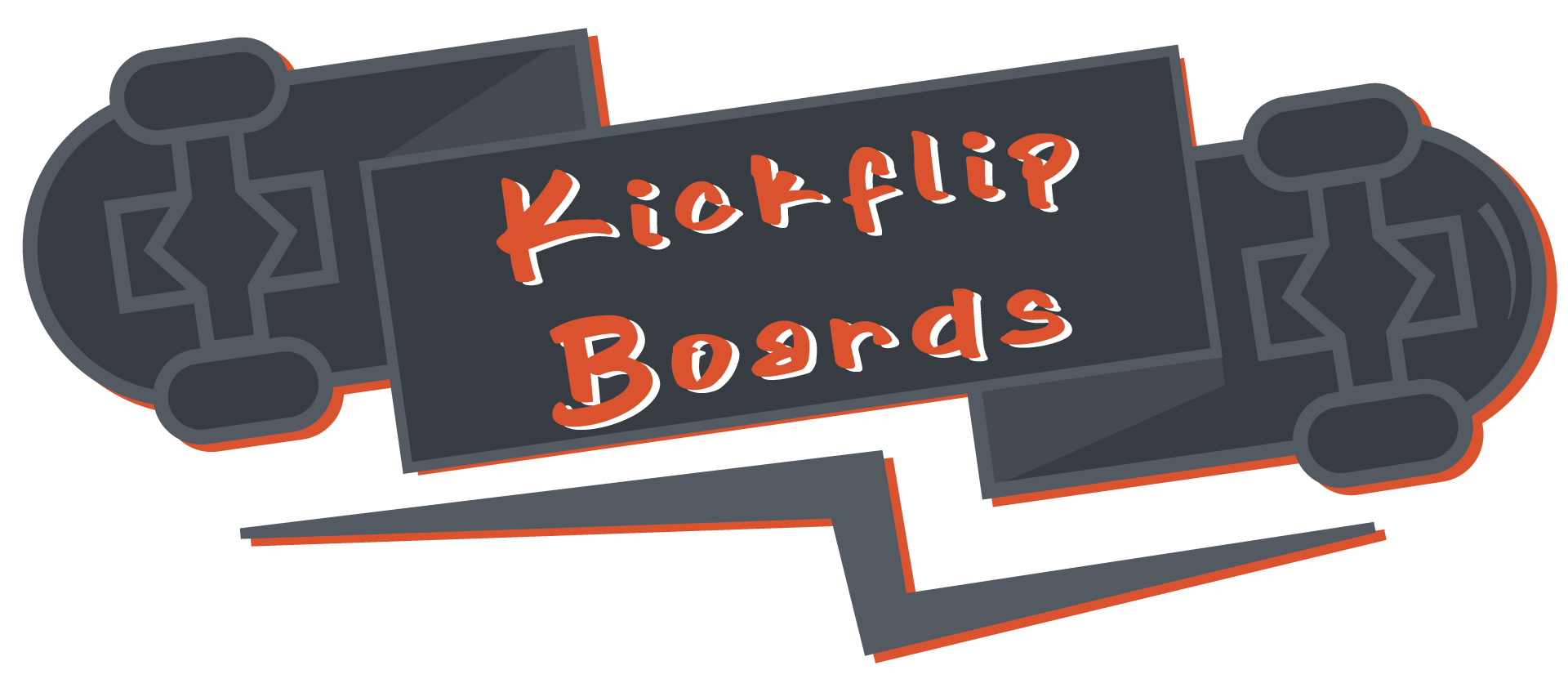Skateboarding is often perceived as a young person’s sport, but it’s time to challenge that notion. For seniors, embracing skateboarding offers a unique blend of fun, fitness, and freedom that can be just as exhilarating as it is rewarding. Whether you’re a seasoned skateboarder looking to reignite your passion or a newcomer curious about trying something new, there’s never been a better time to get out there and give it a go. With the right approach, equipment, and mindset, skateboarding can be a thrilling and healthy activity that fits seamlessly into your life.
Key Takeaways
– Age is no barrier to learning skateboarding—seniors can enjoy this active and social sport regardless of age.
– Skateboarding for seniors offers numerous benefits, including improved physical health, mental sharpness, and social connections.
– Cruiser skateboards are ideal for beginners, offering stability and ease of use.
– Inline skates are recommended for their comfort and durability compared to traditional ice skates.
– Taking lessons and joining local skating groups can significantly enhance your learning experience.
– Regular practice is key to mastering skateboarding skills and maintaining balance.
– Safety gear like helmets and knee pads is essential for preventing injuries.
– Competition age limits start at 14 for serious competitors, while recreational skating is open to younger individuals.
– Resources like tutorials and community events can help you get started and stay involved.

Tips for Older Skateboarders
As you get older, staying active and enjoying skateboarding can be both challenging and rewarding. Here are some tips to help you navigate the changes and continue having fun:
- Focus on Safety First
- Wear proper protective gear, including helmets, knee pads, and wrist guards.
- Choose lightweight and durable gear designed for older skateboarders.
- Stay aware of your surroundings and take extra caution with tricks.
- Choose the Right Equipment
- Pick a skateboard tailored to your needs, such as cruiser boards for comfort and stability.
- Opt for softer wheels and grip tape to reduce strain on your body.
- Select shoes with good support and cushioning to prevent injuries.
- Adjust Your Technique
- Focus on balance and control rather than speed.
- Practice on flat ground or low curbs to build confidence.
- Consider taking lessons or joining a local skateboarding group for older riders.
- Stay Connected with the Community
- Join local skate parks or community centers for events and meetups.
- Engage with online forums or groups dedicated to older skateboarders.
- Share your experiences and learn from others who have been through it.
- Keep Learning and Growing
- Explore new tricks and techniques to keep your skills sharp.
- Watch tutorials or videos from experienced skateboarders.
- Be open to feedback and willing to adjust your style as needed.
- Take Care of Your Body
- Warm-up before skating to prevent injury.
- Listen to your body and take breaks when needed.
- Stretch after skating to improve flexibility and range of motion.
- Stay Motivated and Have Fun
- Remember why you love skateboarding and let that drive you.
- Skate in safe, comfortable environments to enjoy the experience.
- Celebrate small victories and keep pushing forward.
By following these tips, you can continue to enjoy skateboarding safely and effectively, regardless of your age. Remember to always prioritize safety and have fun while riding!
Is Skateboarding Good for Older Adults?
Skateboarding is not just for teenagers anymore. In fact, it can be a fantastic activity for older adults looking to stay active, healthy, and engaged. Here’s why skateboarding can be beneficial for those over 50:
- Physical Health: Skateboarding is a great low-impact exercise that improves cardiovascular health, strengthens muscles, and enhances flexibility. It also helps with balance and coordination, which are crucial as we age.
- Mental Health: Studies show that skateboarding can reduce stress, combat depression, and improve overall mood. The combination of physical exertion and creative problem-solving makes it a unique mental health booster.
- Social Connections: Joining a local skateboarding community can foster new friendships and provide a sense of belonging. Many skate parks have groups for older adults or those new to the sport, making it easier to get started.
- Cognitive Function: Skateboarding requires quick thinking and spatial awareness, which can help protect against cognitive decline associated with aging.
Getting started with skateboarding as an older adult is easier than you might think. Most skateboards come with adjustable tools to accommodate different foot sizes, and there are boards designed specifically for cruisers or rollerblades if standing on a board feels unstable at first. Many local skate parks offer lessons or workshops tailored for older adults, so you can learn the basics safely and confidently.
Kickflip Boards offers a variety of resources to help you get started, including guides on choosing the right equipment and tips for improving your skills. Check out our gear guide and learning center for more information.
Don’t be afraid to give skateboarding a try. It’s a fun, rewarding activity that can positively impact your life in many ways. Whether you’re looking to stay fit, meet new people, or simply enjoy the thrill of riding a board, skateboarding is a great choice for older adults.

Can a 60-Year-Old Learn to Skateboard?
Yes, absolutely! Age is not a barrier when it comes to picking up a new skill like skateboarding. With the right approach, determination, and guidance, anyone, regardless of their age, can enjoy the thrill and freedom of riding a skateboard.
Why a 60-Year-Old Can Learn
Skateboarding may seem challenging, but with patience and the right technique, it becomes accessible to individuals of all ages. Physical fitness improves with regular practice, and mental sharpness enhances as you adapt to the sport. Studies show that learning new activities later in life can be incredibly rewarding and beneficial for cognitive function.
Benefits of Learning Later in Life
- Improved Balance and Coordination : Skateboarding requires excellent balance and coordination, which can be maintained and even enhanced with consistent practice.
- Social Connection : Joining a local skateboarding community can provide new friendships and a sense of belonging.
- Mental Health Boost : The combination of physical activity and problem-solving involved in skateboarding can reduce stress and improve mood.
- Recreational Fun : It’s never too late to embrace a fun and active hobby that can be enjoyed with family and friends.
Getting Started
- Choose the Right Equipment : Opt for a cruiser or longboard for stability, as these are easier to manage initially.
- Take Professional Lessons : Consider enrolling in classes or hiring a personal instructor to develop the correct techniques.
- Start Slowly : Focus on basic moves like standing still and balancing before attempting more complex tricks.
- Wear Protective Gear : Helmets, knee pads, and wrist guards are essential for safety.
Stay Motivated
Keep track of your progress and celebrate small victories. Skateboarding is a lifelong sport, and every trick or maneuver brings you closer to mastering it. Remember, it’s all about enjoying the journey.
By embracing this new challenge, you’ll not only gain a new skill but also gain confidence and resilience. So, grab your board and give it a try—you won’t regret it!

Can Older People Learn to Skate?
Yes, older people can definitely learn to skate. Age is not a limiting factor when it comes to picking up a new skill like skating. Whether you’re a complete beginner or have some experience, there are resources and programs available to help you get started.
Why Age Isn’t a Barrier
Skating requires balance, coordination, and strength, but these skills can be developed at any age. Many seniors find skating to be a fun and rewarding activity that can be enjoyed alongside other hobbies. Plus, it’s a great way to stay active and socialize.
How to Get Started
- Start with Inline Skates: Inline skates are generally easier to learn on than ice skates due to their stability and larger wheels.
- Take Lessons: Look for local skating rinks or community centers that offer adult skating lessons. Experienced instructors can help you build confidence and technique.
- Practice Regularly: Like any sport, consistency is key. Try to skate at least once a week to improve your balance and control.
- Join a Community: Find local skating groups or clubs where you can meet others your age who share a passion for skating. This can make the learning process more enjoyable and motivating.
The Benefits of Skating for Seniors
- Physical Exercise: Skating is a great low-impact workout that can improve cardiovascular health and muscle strength.
- Mental Stimulation: It challenges your brain with new movements and reactions, which can help keep your mind sharp.
- Social Connection: Joining a skating group can provide opportunities for meeting new friends and building a sense of community.
- Fun and Recreation: It’s a unique and enjoyable way to spend time, whether you’re skating alone or with others.
Resources and Links
Kickflip Boards offers comprehensive guides and resources for skaters of all ages. Check out our skating tutorials and community events to find opportunities near you.
For more information on senior-specific skating programs, visit Inline Skating Canada .
How to Skate: A Comprehensive Guide
Skating is a versatile and dynamic activity that can be enjoyed on both ice and inline surfaces. Whether you’re just starting out or looking to improve your skills, mastering the basics is key to having fun and staying safe. Here’s a step-by-step guide to help you get started:
General Skating Tips
- Choose the Right Equipment: Make sure your skates fit well and are comfortable. For ice skating, opt for blades with a good edge, while rollerblades are ideal for smooth surfaces.
- Dress Appropriately: Wear clothing that allows freedom of movement, especially around the arms and legs. Layers can help regulate body temperature.
- Stay Focused: Pay attention to your surroundings at all times to avoid accidents. Keep your eyes scanning the area ahead and be aware of others nearby.
Ice Skating Techniques
- Stance: Stand tall with your knees slightly bent and your weight distributed evenly across your feet. This provides better balance and control.
- Balance: Keep your head level and your gaze directed straight ahead. Avoid leaning too far forward, as this can throw off your balance.
- Gliding: Once moving, keep your upper body upright and your knees bent. Shift your weight onto your front foot for sharper turns and quicker stops.
- Stopping: To stop effectively, squeeze your knees toward your chest and transfer your weight back. Practice this technique to avoid sliding or losing your footing.
Rollerblading Techniques
- Foot Placement: Keep your feet shoulder-width apart and slightly angled. This helps with stability and maneuverability.
- Weight Transfer: Shift your weight from heel to toe as you push off the ground. This is crucial for accelerating and decelerating smoothly.
- Turning: Lean slightly forward from your waist and roll your feet from heel to toe. This allows you to make sharp turns and navigate curves effortlessly.
- Braking: Apply the brakes gently and early. Most rollerblades have rear brakes, so use them to slow down safely without losing your balance.
Common Mistakes to Avoid
- Oversteering: Don’t lean too far forward or backward. Maintain a steady posture to stay balanced.
- Not Warming Up: Skipping a warm-up can lead to muscle strains or injuries. Take a few minutes to stretch and move slowly before starting.
- Ignoring Safety Gear: Always wear a helmet and knee pads. These can significantly reduce the risk of injury, especially during quick stops or sudden movements.
Kickflip Boards offers a variety of resources to help you improve your skating skills, from maintenance tips to the latest trends in skate culture. Visit our website for more information and tips tailored to your skill level: Kickflip Boards .

What is the age limit for skateboarding?
The age limit for skateboarding varies depending on the context and regulations:
- Competition Age Limit: For competitive skateboarding events, participants must be at least 14 years old as of 2028, according to the criteria set by World Skate.
- General Skateboarding Age: Recreational skateboarding typically allows individuals as young as 8 years old, though local regulations may impose higher age limits depending on the area and public safety guidelines.
It’s essential to respect these rules and regulations to ensure safe participation and compliance with local laws.




0 Comments